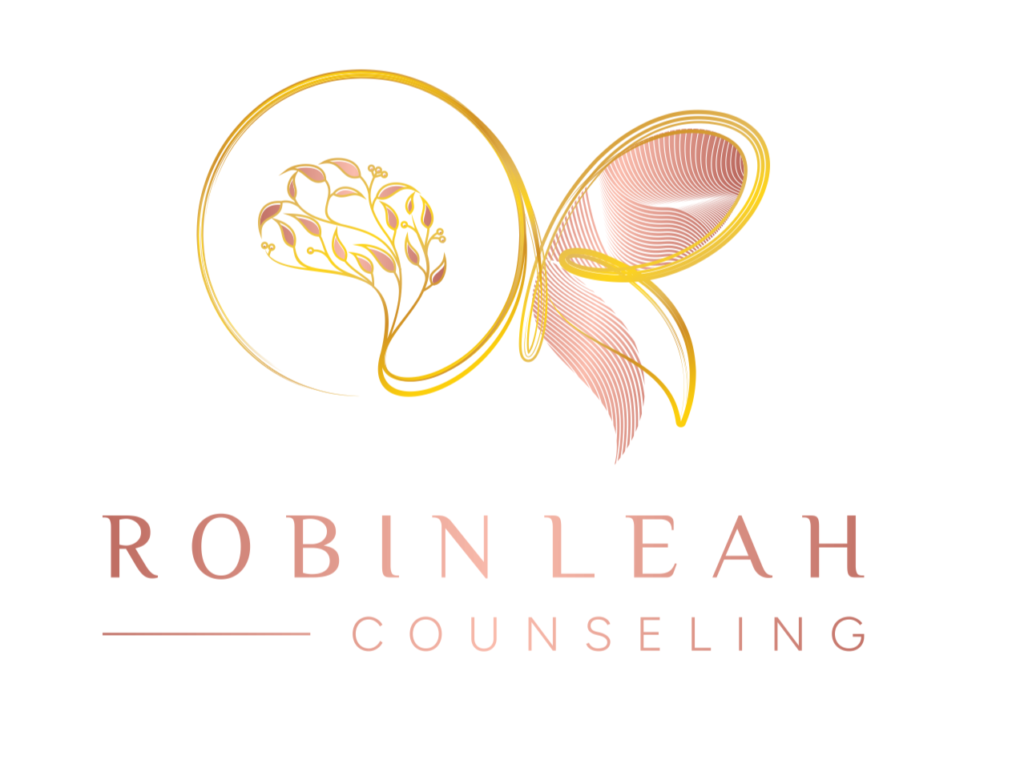Integrative mental health coaching is a holistic approach that addresses the entire spectrum of emotional, mental, physical, and spiritual well-being. It combines traditional psychological practices with alternative therapies, offering a more comprehensive understanding of an individual’s mental health. Here’s a detailed description of what an integrative mental health coaching session might look like:
Before the Session
Before the session begins, the coach may send out a preliminary questionnaire to understand the client’s background, including any specific concerns or goals they have. This helps in tailoring the session to meet the individual’s unique needs.
Beginning of the Session
The session starts with a warm welcome in a comfortable, safe space designed to foster openness and trust. The coach begins by discussing the client’s completed questionnaire, if applicable, or by inviting the client to share what brought them to seek coaching. This conversation sets the stage for a personalized experience.
Assessment Phase
The coach assesses the client’s emotional, mental, physical, and spiritual well-being through conversation and possibly through specific assessments or tools. This holistic evaluation helps in identifying the areas that require attention and in understanding the client’s overall lifestyle and its impact on their mental health. Your coach will recommend a variety of lab tests designed to help understand your hormone and nutrient health.
Goal Setting
Together, the coach and client set achievable, clear goals. These goals are integrative, considering various aspects of well-being, and are designed to be measurable and specific. This process ensures that both coach and client have a clear direction for their work together.
Integrative Techniques and Practices
The core of the session involves the introduction and application of integrative techniques and practices. These can range from cognitive-behavioral strategies to mindfulness exercises, nutritional advice, physical activity suggestions, and sometimes spiritual practices, depending on the client’s preferences and needs. The coach provides guidance on how to incorporate these practices into daily life.
Interactive Learning
The session is interactive, with opportunities for the client to engage in exercises or discussions that foster deeper understanding and skills development. This hands-on approach helps clients see how theoretical concepts apply to their daily lives and challenges.
Action Planning
The coach and client work together to develop a concrete action plan that includes strategies and steps the client can take to move toward their goals. This plan is flexible and can be adjusted as the client progresses.
Closing
The session concludes with a summary of key points and a review of the action plan. The coach offers encouragement and schedules follow-up sessions as needed to support the client’s journey.
After the Session
Follow-up support may include referrals to health professionals to address medical needs, additional resources, such as articles, worksheets, or recommended readings, to reinforce the session’s work. The coach remains available for questions or clarification, emphasizing ongoing support and commitment to the client’s growth.
Calls to Action
Integrative mental health coaching empowers individuals to take charge of their well-being. If you’re seeking a comprehensive approach to improve your mental, emotional, physical, and spiritual health, consider scheduling a session with a professional integrative mental health coach. Their guidance can help you develop a personalized plan to achieve your wellness goals and navigate life’s challenges with resilience and strength.
This description captures the essence of an integrative mental health coaching session, emphasizing its personalized, holistic nature and the collaboration between coach and client to foster well-being.
"A healthy mind resides in a healthy body. This ancient wisdom underscores the inseparable nature of physical and mental well-being. Just as a garden requires fertile soil to flourish, our minds thrive best when supported by physical health. Nourishing the body with exercise, balanced nutrition, and restorative sleep cultivates the resilience needed for mental clarity and emotional stability. Let us remember that caring for our physical health is not just a duty to our bodies but a tribute to our mental sanctuary." This quote emphasizes the interconnectedness of physical and mental health, highlighting the importance of holistic care practices to achieve overall well-being.
Unknown




